Bringing your pets to Australia involves navigating a series of stringent regulations designed to protect the country’s unique ecosystem. Understanding quarantine laws, vaccination requirements, pet transport services, and breed restrictions is essential for a smooth relocation process. Additionally, it’s crucial to consider how your visa type may impact your long-term plans, including pet ownership.
Quarantine Laws
Bringing your pets to Australia involves complying with strict biosecurity measures designed to prevent the introduction of foreign diseases. Consequently, all cats and dogs entering the country must undergo a mandatory quarantine period at the Mickleham post-entry quarantine facility in Melbourne. The standard quarantine duration is at least 10 days; however, this can extend up to 30 days or more, depending on factors such as the country of origin and compliance with import conditions. For instance, pets from Group 3 countries are subject to a minimum 30-day quarantine unless specific identity verification procedures are completed, which may reduce the period to 10 days.
Vaccination Requirements
Before bringing your pets to Australia, pets must meet specific vaccination and health testing requirements:
- Microchipping: Pets must be implanted with an ISO-compliant microchip before any vaccinations or blood tests.
- Rabies Vaccination: Essential for pets from countries where rabies is absent or well-controlled (Group 2 and Group 3 countries). The vaccination must occur after microchipping and be valid throughout the quarantine period.
- Rabies Antibody Titer Test: A blood test confirming sufficient rabies antibody levels, conducted at least 180 days before export.
- Additional Vaccinations for Dogs: Including leptospirosis, distemper, hepatitis, parvovirus, parainfluenza, and Bordetella bronchiseptica. Dogs from Singapore must also be vaccinated against Canine Influenza Virus.
- Additional Vaccinations for Cats: Including feline enteritis, rhinotracheitis, and calicivirus.
Compliance with these health protocols is mandatory to minimise quarantine time and ensure your pet’s well-being.
Pet Transport Services
Given the complexity of Australia’s pet import regulations, many pet owners opt for professional pet transport services. These companies specialise in managing the intricate logistics, including:
- Flight Bookings: Arranging flights that accommodate pets, noting that pets must arrive directly into Melbourne International Airport as manifest cargo.
- Crate Training: Providing guidance on acclimating pets to travel crates that meet International Air Transport Association (IATA) standards.
- Documentation: Assisting with the preparation and submission of necessary import permits and health certificates.
Engaging a reputable pet transport service can alleviate stress and ensure adherence to all regulatory requirements.
Breed Restrictions
Australia enforces breed-specific legislation prohibiting the importation of certain dog and cat breeds deemed a risk to the community or environment. Prohibited dog breeds include:
- Dogo Argentino
- Fila Brasileiro
- Japanese Tosa
- American Pit Bull Terrier (or Pit Bull Terrier)
- Perro de Presa Canario (or Presa Canario)
Regarding cats, breeds such as the Savannah cat, Safari cat, Chausie, and Bengal cat are banned from entering Australia under the Environmental Protection and Biodiversity Conservation Act 1999.
It’s imperative to verify that your pet’s breed is not on the prohibited list before initiating the relocation process.
Visa Considerations and Long-Term Relocation Plans
Your visa type can significantly influence your relocation plans, including pet ownership. Some visas may have conditions or durations that impact your ability to bring pets into the country. For comprehensive guidance on how different visas may affect your long-term plans and pet relocation, consider consulting with immigration experts or referring to resources like VisaEnvoy.
Conclusion
Bringing your pets to Australia requires meticulous planning and strict adherence to the country’s biosecurity regulations. By understanding quarantine laws, fulfilling vaccination requirements, utilising professional pet transport services, and ensuring compliance with breed restrictions, you can facilitate a smooth transition for your furry companions. Additionally, aligning your pet relocation plans with your visa conditions will help ensure a seamless and stress-free move to Australia.

